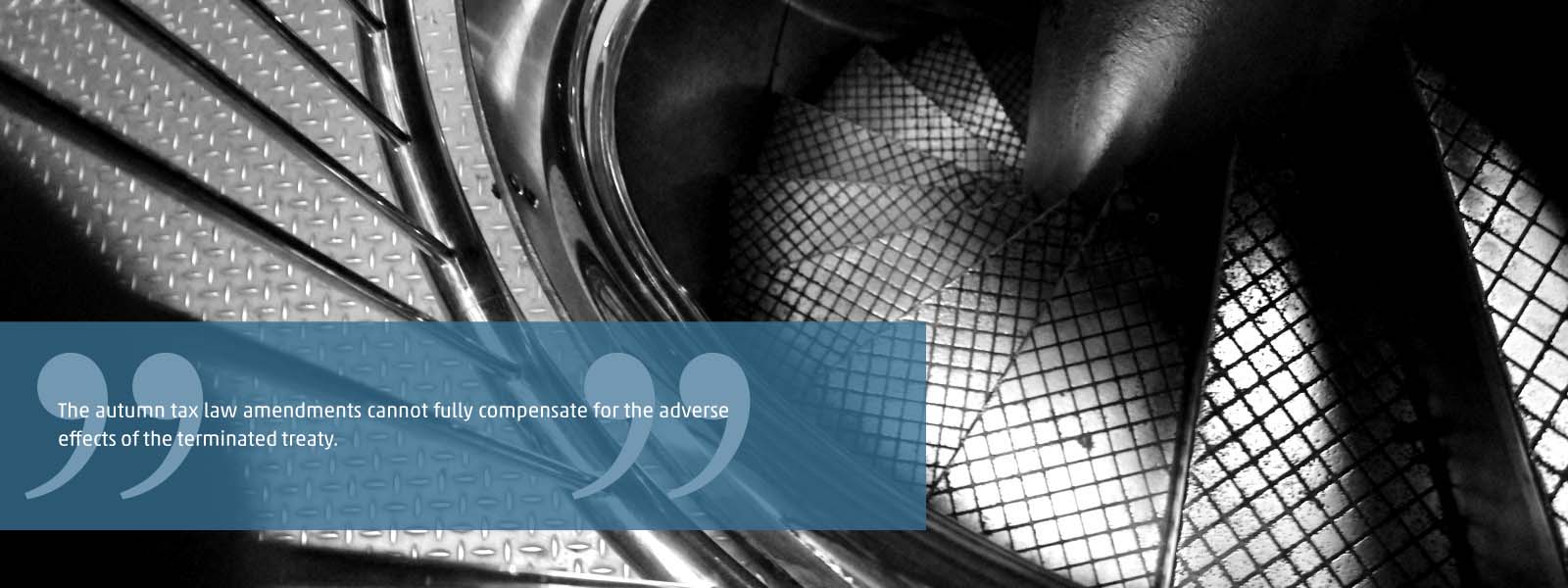The taxation of capital income from the USA was not left unscathed by the US Treasury Department’s announcement on 8 July 2022 terminating its 1979 double tax treaty with Hungary. The tax treaty previously drafted in 2010 did not enter into force, and no treaty relationship between the two states has otherwise been restored in recent years. This situation means that from 1 January 2024, none of the provisions of Hungary’s tax treaty with the United States will be applicable, and the countries will apply their own domestic rules for taxing income. Avoiding double taxation will only be possible if these internal rules provide for it.
As part of the autumn tax law amendments, the Hungarian legislators reacted to what is an unfavourable situation in many respects. In this article, we will examine how the taxation of certain capital income from the USA will change, or more precisely remain unchanged, from the Hungarian perspective as a result of the amendment to the Personal Income Tax Act (PIT).
Capital gain or regulated market transaction? The distinction matters.
If the previous PIT rules were to remain unchanged from 2024, the preferential tax rules (net income assessment, tax equalisation) would not be applicable to the taxation of capital gains transactions previously deemed regulated market transactions, and a (limited) social contribution tax liability could arise. A transaction may still be construed a regulated market transaction from 1 January 2024 and thus subject to the preferential tax rules if entered into with the assistance of an investment service provider in the US conducting money market activity.
Interest is still interest
Until the end of 2023, interest paid from a state with which Hungary does not have a tax treaty in force is considered other income. This means that if the rules were to remain unchanged from 2024, then in terms of capital income from the USA, besides personal income tax, interest income would be subject to (an unlimited) social contribution tax liability with a tax base adjusted to 89%. The relevant provision is to change from 2024 as follows, given the absence of the treaty with the USA: the rules on other income do not apply to income from securities issued by a person with a registered office in an OECD Member State, or to interest paid by a person with a registered office in an OECD Member State. So the rules on interest will continue to apply for interest paid from the United States. As written earlier, from 1 July 2023 and during the state of emergency, interest income is also subject to (an unlimited) social contribution tax payment.
Withholding tax and offsetting
However, the autumn tax law amendments cannot fully compensate for the adverse effects of the terminated treaty: a new tax burden could arise, US withholding tax (i.e. the tax imposed by the state where the income is earned). From 2024, Hungarian taxpayers may have to face a minimum additional tax burden of 30% on capital income from the USA.
Tax paid abroad may be offset against Hungarian tax liabilities when calculating Hungarian tax payments, but depending on the type of income, a minimum 5% PIT liability will have to be taken into account in addition to any social contribution tax liability. One important change is that from 2024, the offsetting rule will essentially only apply under the Hungarian definitions, to the tax on foreign-source income according to the place it is earned.
Let us consider the change in the taxation of US-source dividend income as an example. Until now, the treaty meant the withholding tax deductible from the income was capped at 15%. However, without the treaty, this limit will no longer apply from 2024. In addition to the US withholding tax, a minimum 5% Hungarian personal income tax liability may also arise after the US withholding tax is offset, in addition to a (limited) social contribution tax.
Social security agreement remains in force
Interestingly, the termination of the tax treaty does not affect the provisions of the social security agreement with the United States. Although our article mostly focuses on changes to the taxation of capital income from the USA, the taxation of income subject to consolidation may also change significantly from 1 January 2024. For example, the tax affairs of expatriates on postings to or from the United States may be affected, as well as securities benefit schemes. It is important to note that under the Personal Income Tax Act, a different offsetting rule from that outlined above must be applied in these cases to avoid double taxation. It is therefore worth reassessing all international transactions and the tax consequences of these transactions by carefully analysing Hungarian and other national legislation.
If your company has any US interests, you should definitely review and re-evaluate your international transactions and their tax implications. Our experts have significant experience both in double taxation issues affecting companies and in the taxation of capital income from the USA, and they are here to help our clients map out how the termination of the Hungarian-American tax treaty may affect them.











